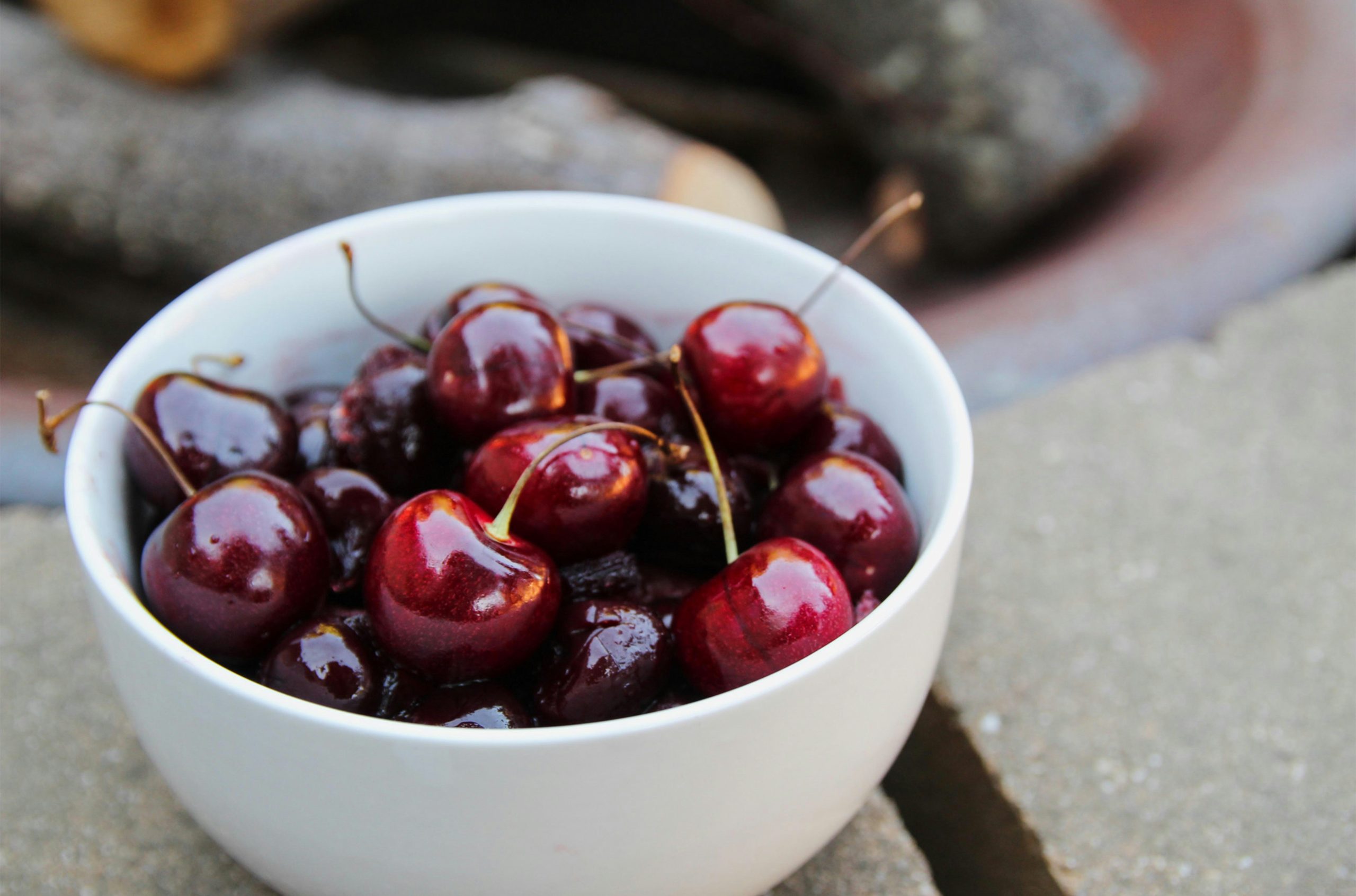
Inflammation is a necessary bodily function. It helps prevent injury from outside invaders and speeds healing. Chronic inflammation is the other side of the coin. It can cause serious conditions like heart disease, rheumatoid arthritis, and asthma. People who suffer from chronic inflammation frequently live a life of pain. That’s why I suggest that clients in Alexandria, VA, help reduce the problem by eating food that minimizes chronic inflammation and helps their bodies function better.
Eat cherries to get relief.
Eating a healthy diet is a good way to start the fight against inflammation. Many foods are inflammation-fighters. Both sweet cherries and tart cherries are best known for their anti-inflammatory properties. People normally think the Montmorency tart cherry is best and drink its juice to reduce inflammation. Recent studies show that sweet cherries, like Bing cherries, were best. That variety of cherry has more anthocyanins and inhibits COX-2, an enzyme responsible for pain and inflammation without affecting COX-1 that protects the stomach walls from acid. Ibuprofen diminishes COX-1 and puts long-term users at risk of dying from ulceration.
Reducing pain and inflammation can get spicy.
There are spices you may already have in your kitchen that can bring pain relief. Turmeric is one of those. It’s the anti-inflammatory often used to season Indian dishes for centuries. It’s been found to be one of the best to relieve pain due to the curcumin it contains. It’s been part of traditional Chinese and Ayurvedic medicine for centuries for its antibacterial, antifungal, and anti-inflammatory properties. Studies indicate it helps reduce pain, lowers the risk of heart disease, improves brain functioning, and prevents some types of cancer. Using it with black pepper enhances the properties.
Food high in omega-3 fatty acids may help.
Replacing red meat with fatty fish like salmon or tuna for one or two meals weekly can reduce inflammation significantly. Increasing omega-3 in your diet and reducing omega-6 may provide a healthier, less inflammatory balance. Omega-3 reduces the production of substances necessary for inflammation. These include cytokines and inflammatory eicosanoids. Flaxseeds and flaxseed oil are also sources of omega-3. Increasing omega-3 in your diet may reduce the risk of depression, ADHD, heart disease, metabolic syndrome, asthma, and menstrual pain and improve bone and joint health.
- Make ginger tea or add cinnamon, rosemary, cloves, sage, or cayenne pepper to your food. These all have anti-inflammatory properties. Green tea and peppermint tea fight inflammation, including that from IBS.
- Avoid food that causes inflammation, such as food with added sugar, trans fats, refined carbs, and artificial sweeteners. Steer clear of processed meat such as luncheon meat, hot dogs, and bacon.
- Leafy greens, tomatoes, berries, and walnuts can help reduce inflammation. Start your meal with a large salad containing all greens, including spinach and oakleaf lettuce.
- Including pineapple in your diet can aid digestion and help reduce inflammation. It’s the bromelain in the pineapple that provides the benefits. Always check with your healthcare professional first to find the source of your pain.
For more information, contact us today at Team Worx Fitness


Comments are closed, but trackbacks and pingbacks are open.